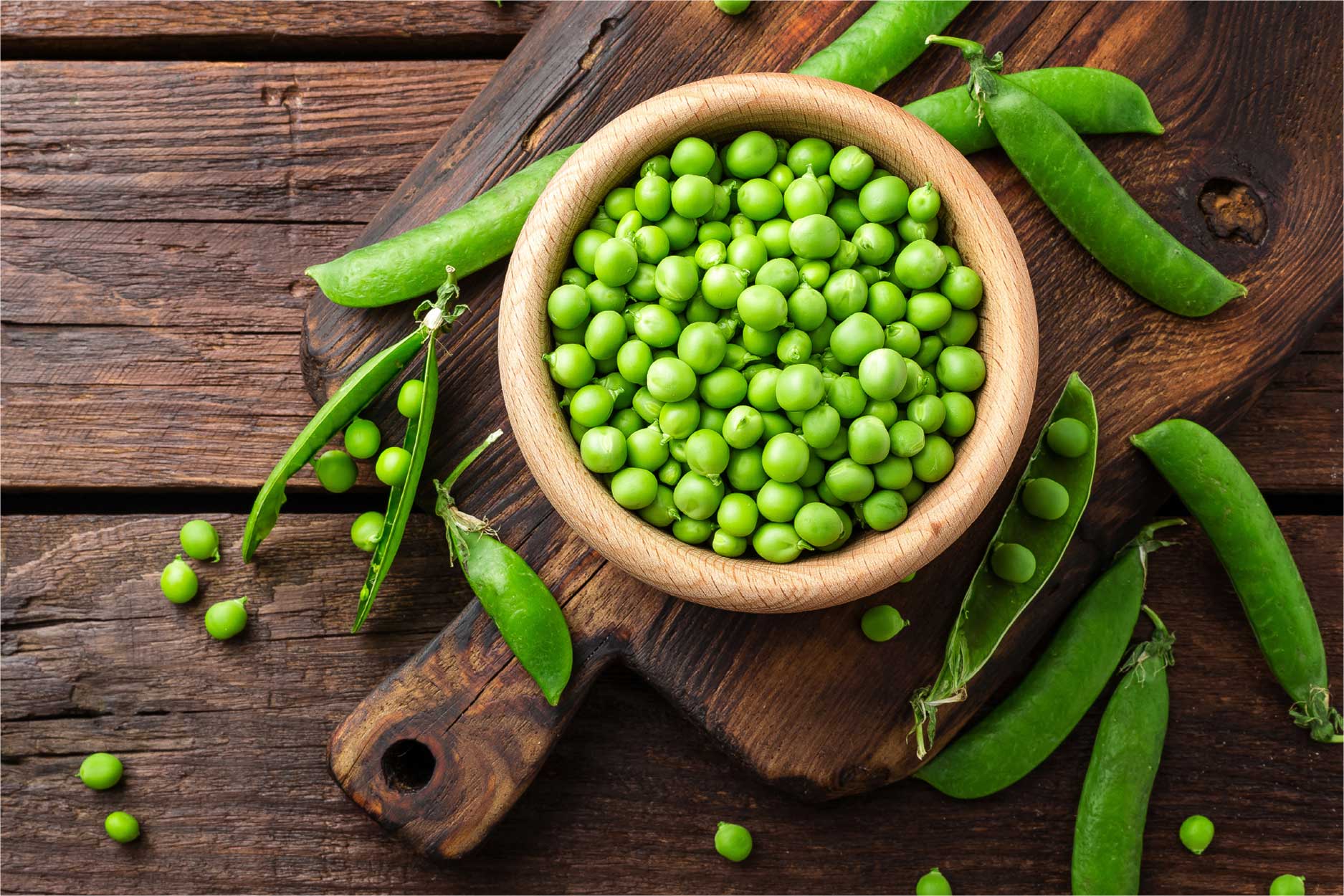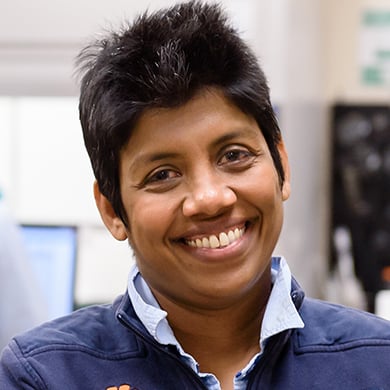
Developing nutritionally superior pulse proteins for better human health
Webinar description
How can plant breeding optimize the protein quality and bioavailability of pulses for plant-based meat applications? Globally, the plant-based protein market will increase to a $9.5 billion industry by 2025. The demand for plant-based protein is growing due to increased awareness of ecosystem health, climate change, animal welfare, and antibiotic resistance. To meet this demand, ingredient suppliers are seeking novel clean, pesticide-free plant proteins from organic pulses, cereals, and oil crops. The development and selection of nutritionally superior organic pulse crops have the potential to bring significant economic value and agricultural sustainability benefits to organic growers as well as health and nutritional value to consumers. Join Dr. Dil Thavarajah, Associate Professor at Clemson University, as she discusses her research on the production of organic pulses to improve protein quality and bioavailability.
Meet the speaker
Dr. Dil Thavarajah is an Associate Professor in the Department of Plant and Environmental Sciences at Clemson University and a GFI grantee. Dr. Thavarajah leads Clemson’s Pulse Biofortification and Organic Nutritional Breeding program and also co-leads the phenomics component of the Feed the Future Innovation Lab for Crop Improvement at Cornell University. Her research focuses on the genetic biofortification of lentil, field pea, and chickpea to improve human nutrition, and she is internationally recognized as a leader in pulse biofortification, especially for iron, zinc, and selenium. Before her current position, Dil worked at the Canadian lentil breeding and biofortification program at the University of Saskatchewan, Canada. Additionally, she started the national Pulse Quality and Nutrition Laboratory at North Dakota State University to support the US Pulse industry in their nutritional marketing efforts. Dr. Thavarajah holds a Ph.D. in Plant Science and MSc in Soil Science from the University of Saskatchewan, Canada, and a BSc in Soil Science from the University of Peradeniya.





